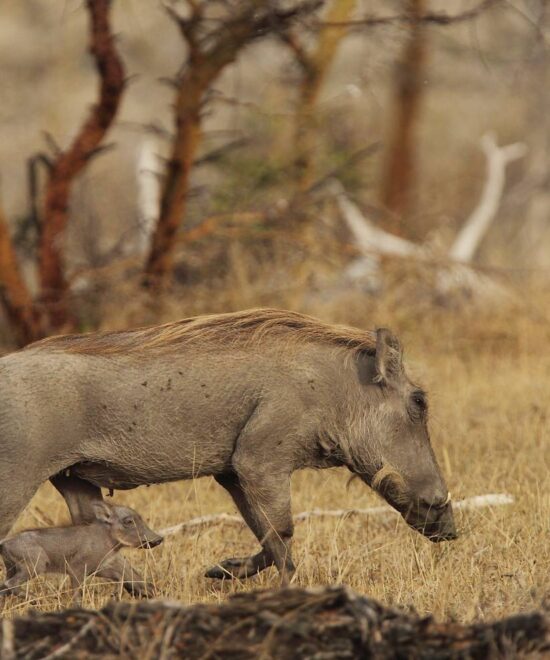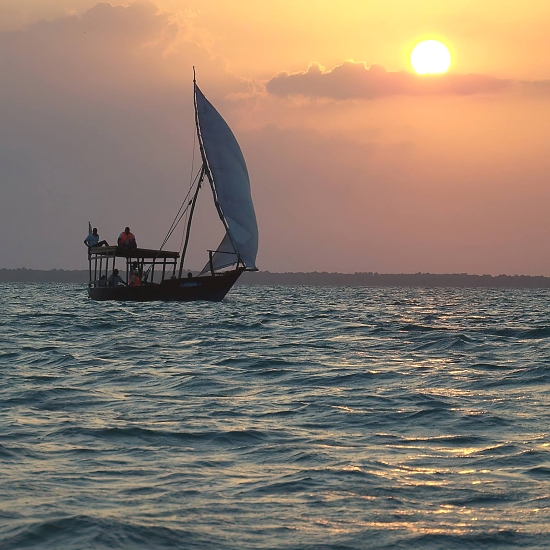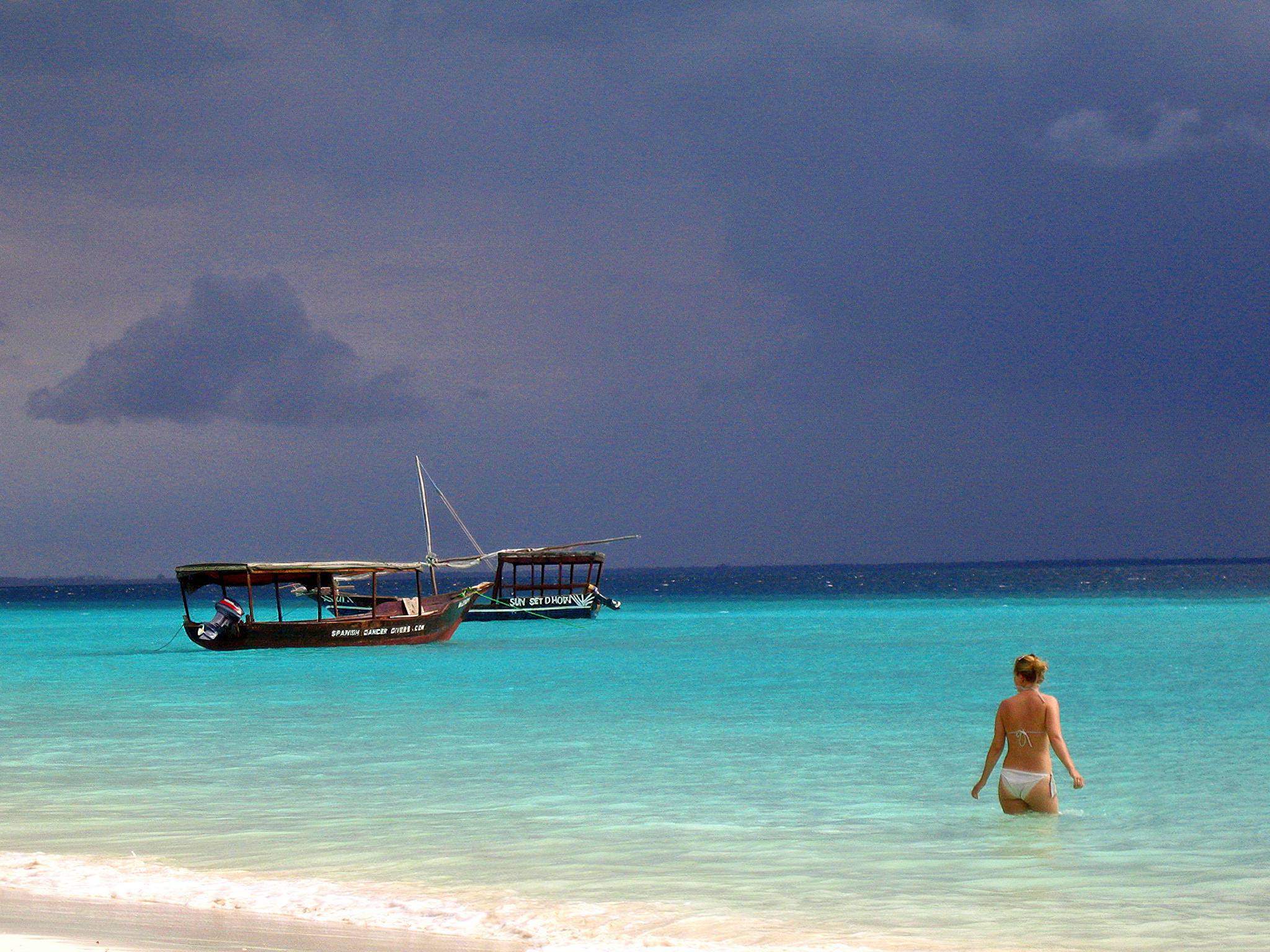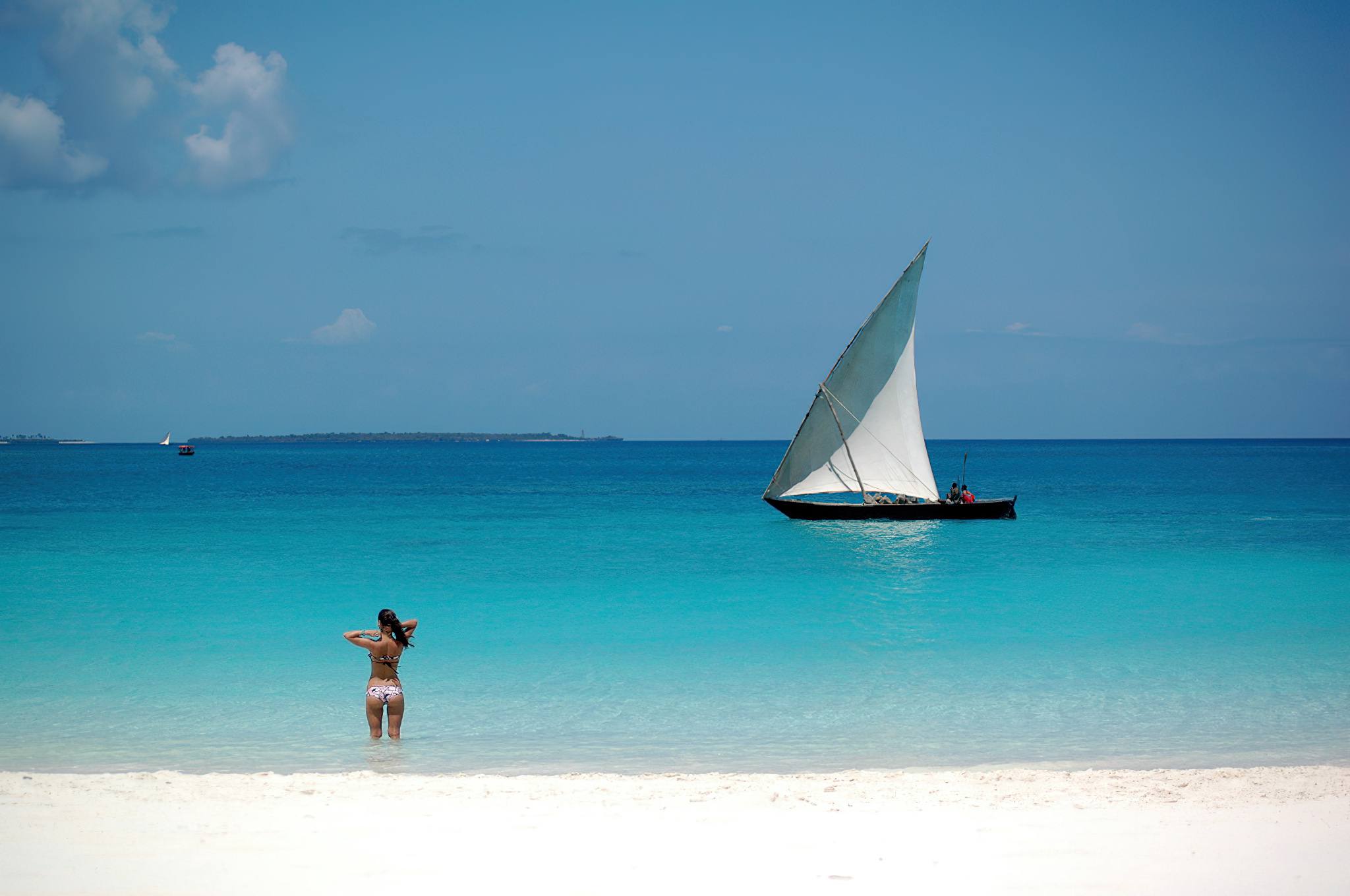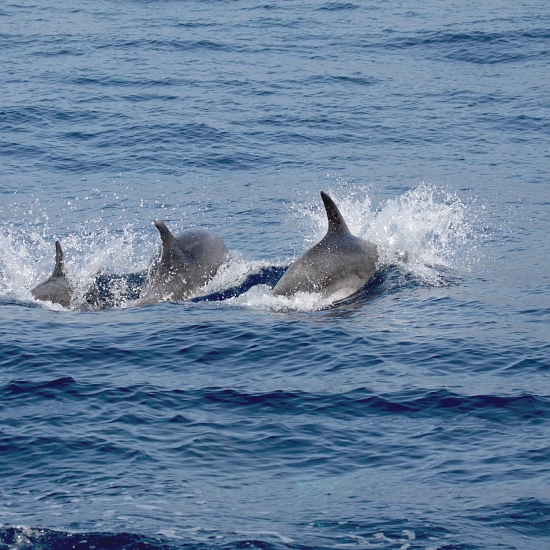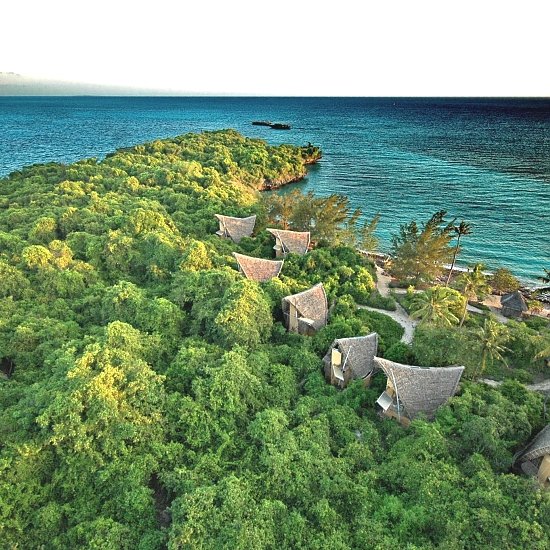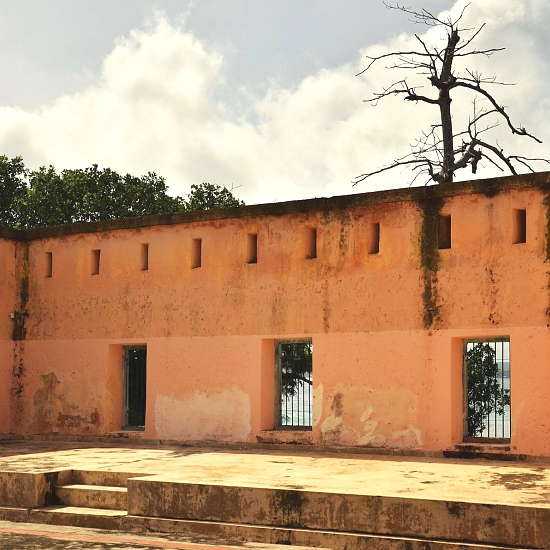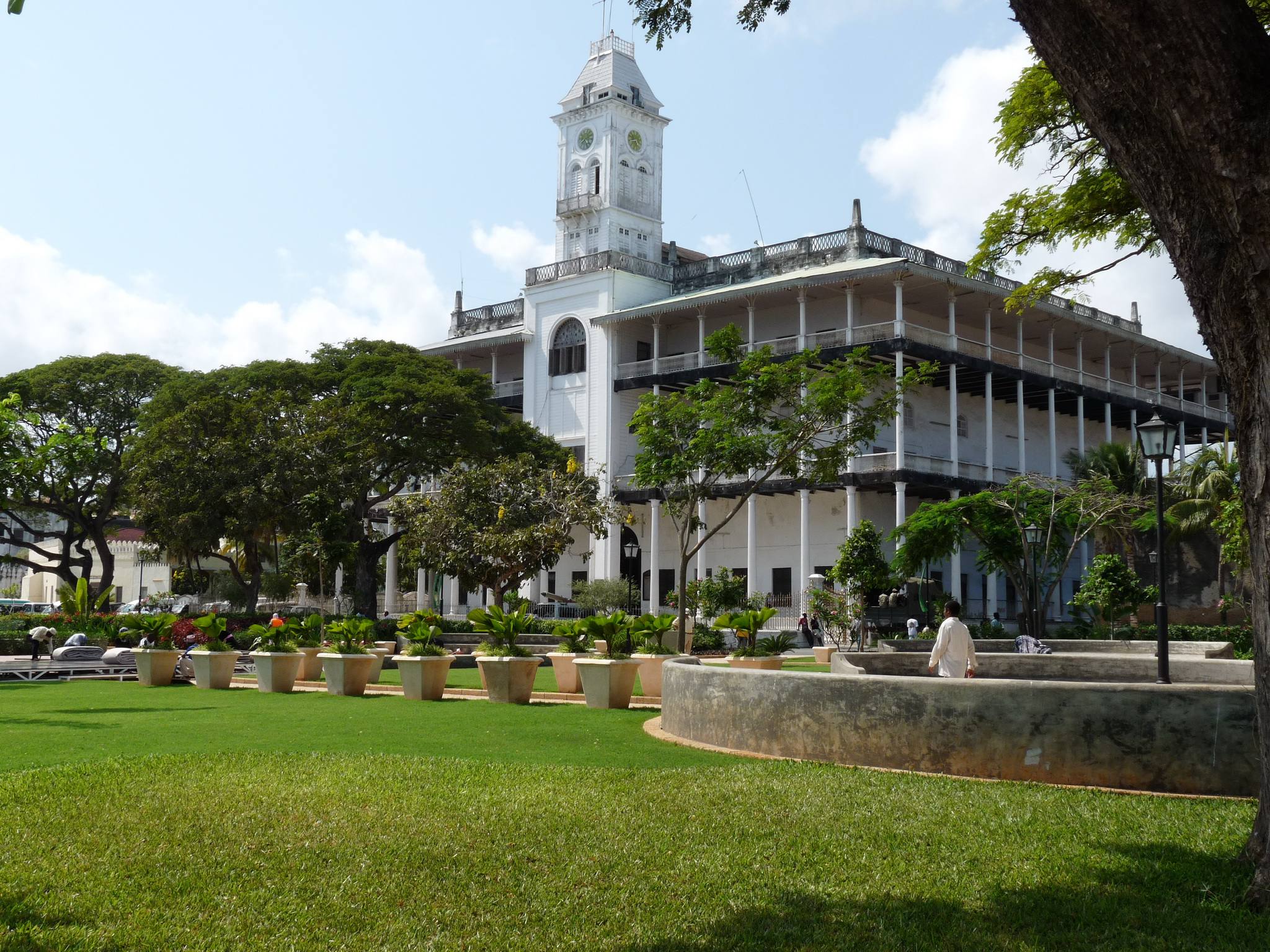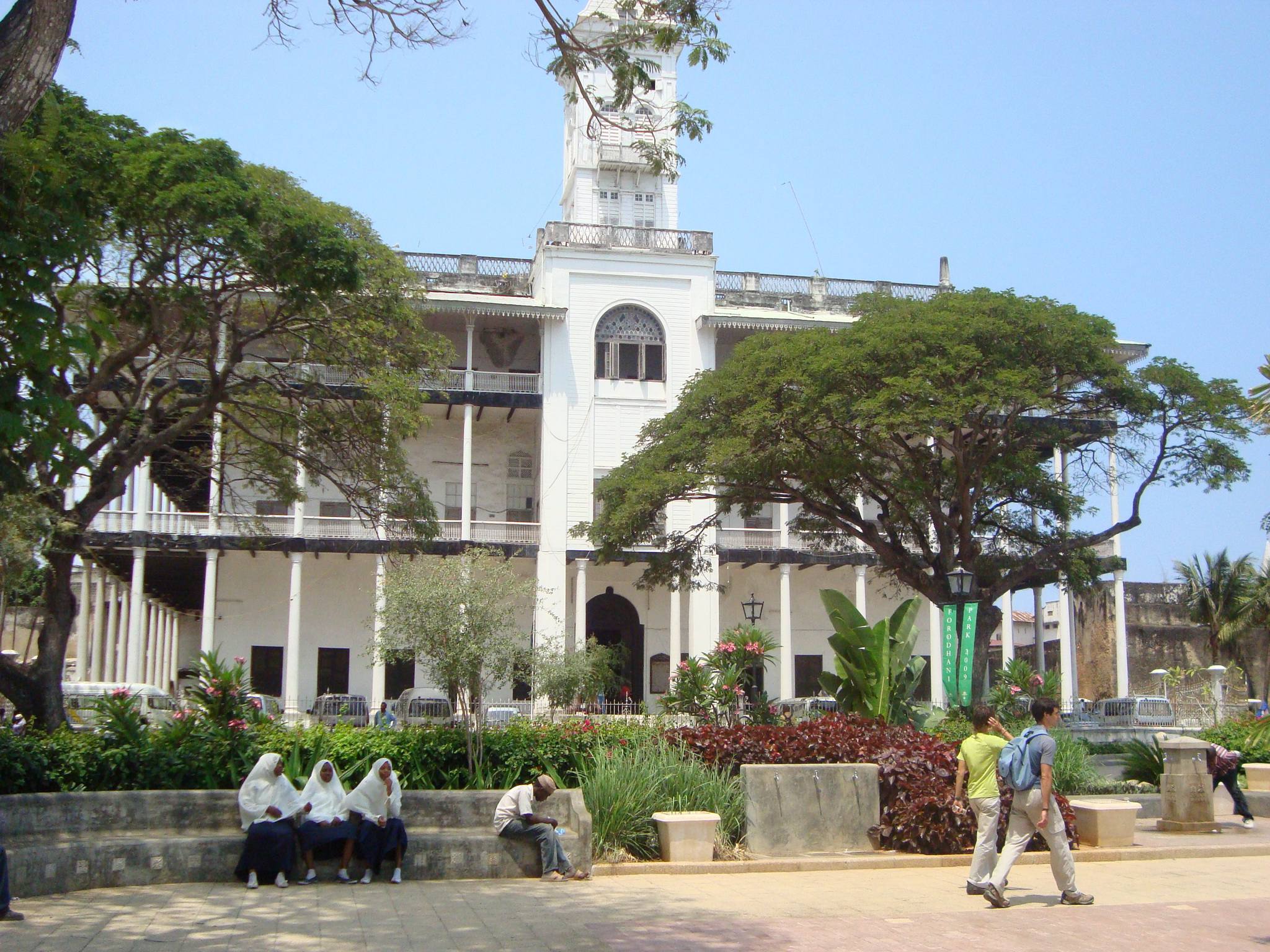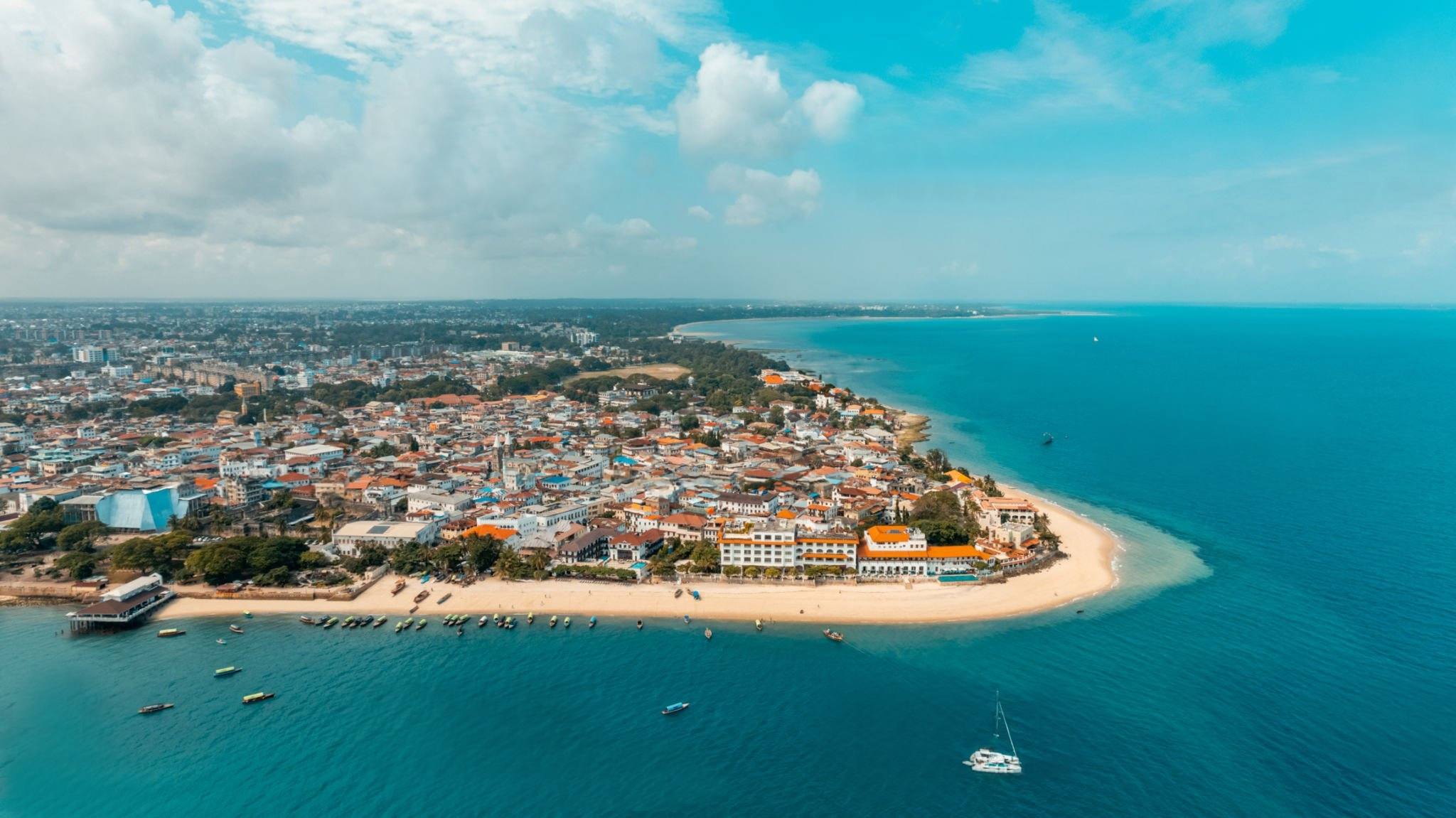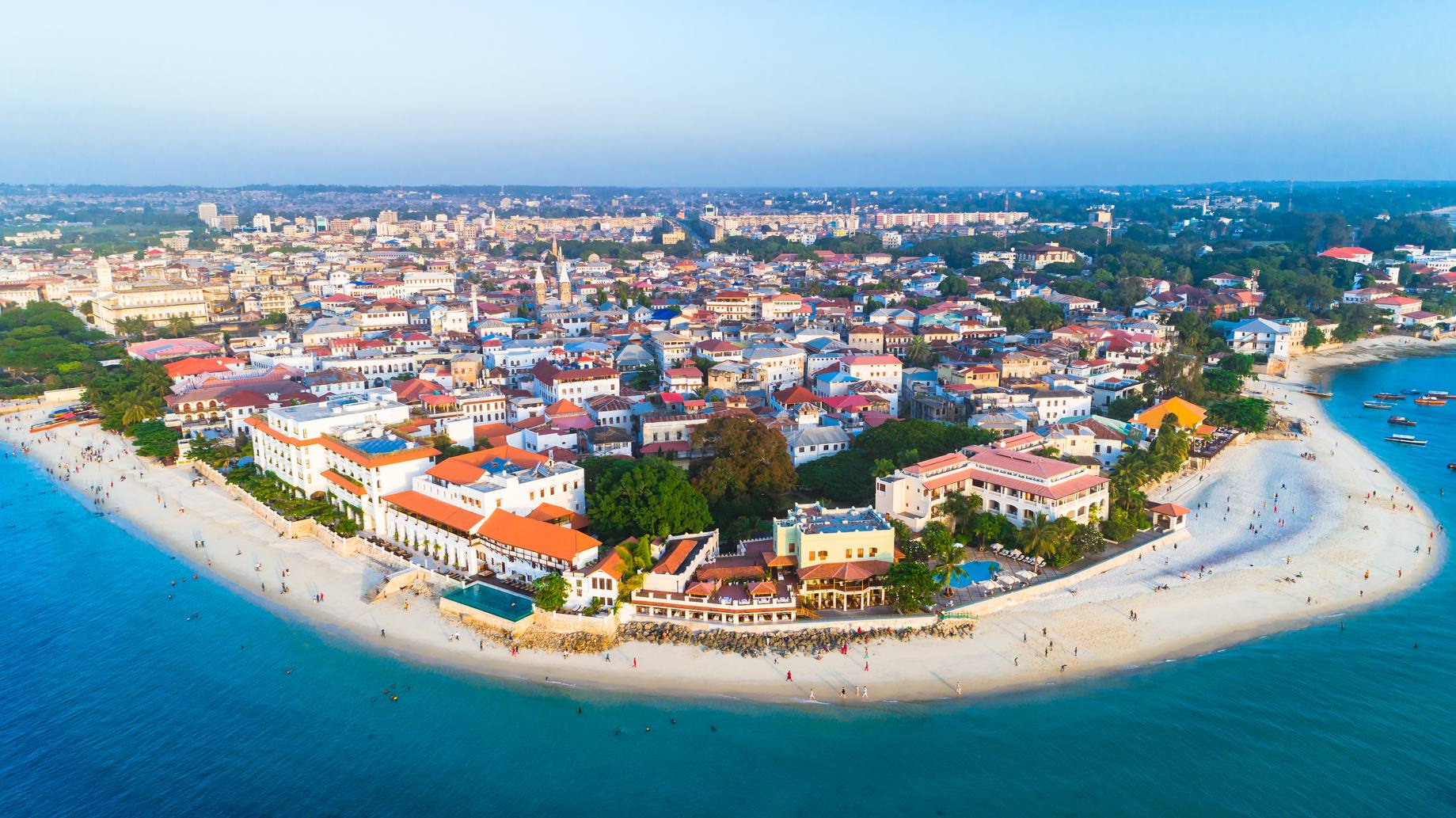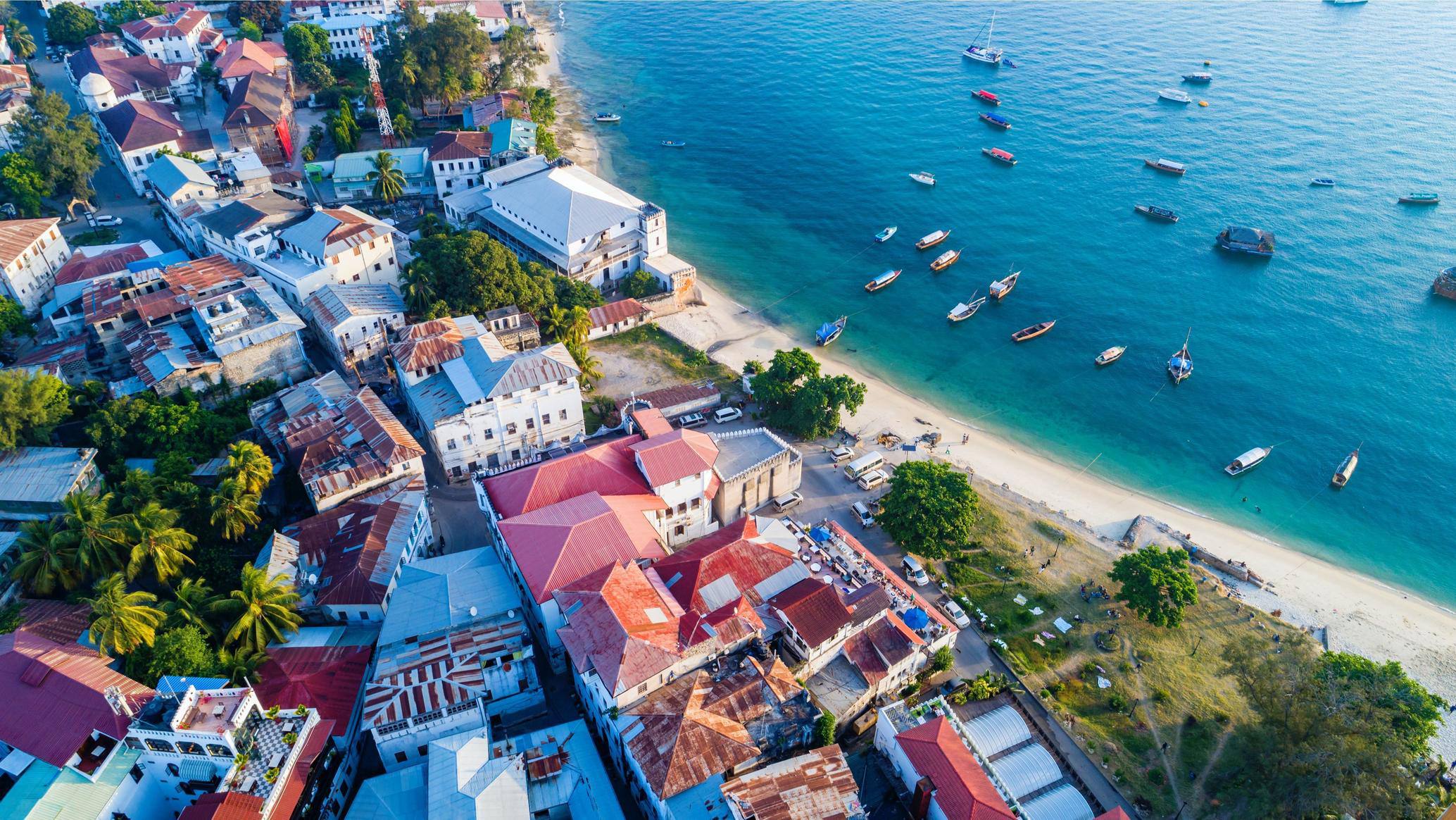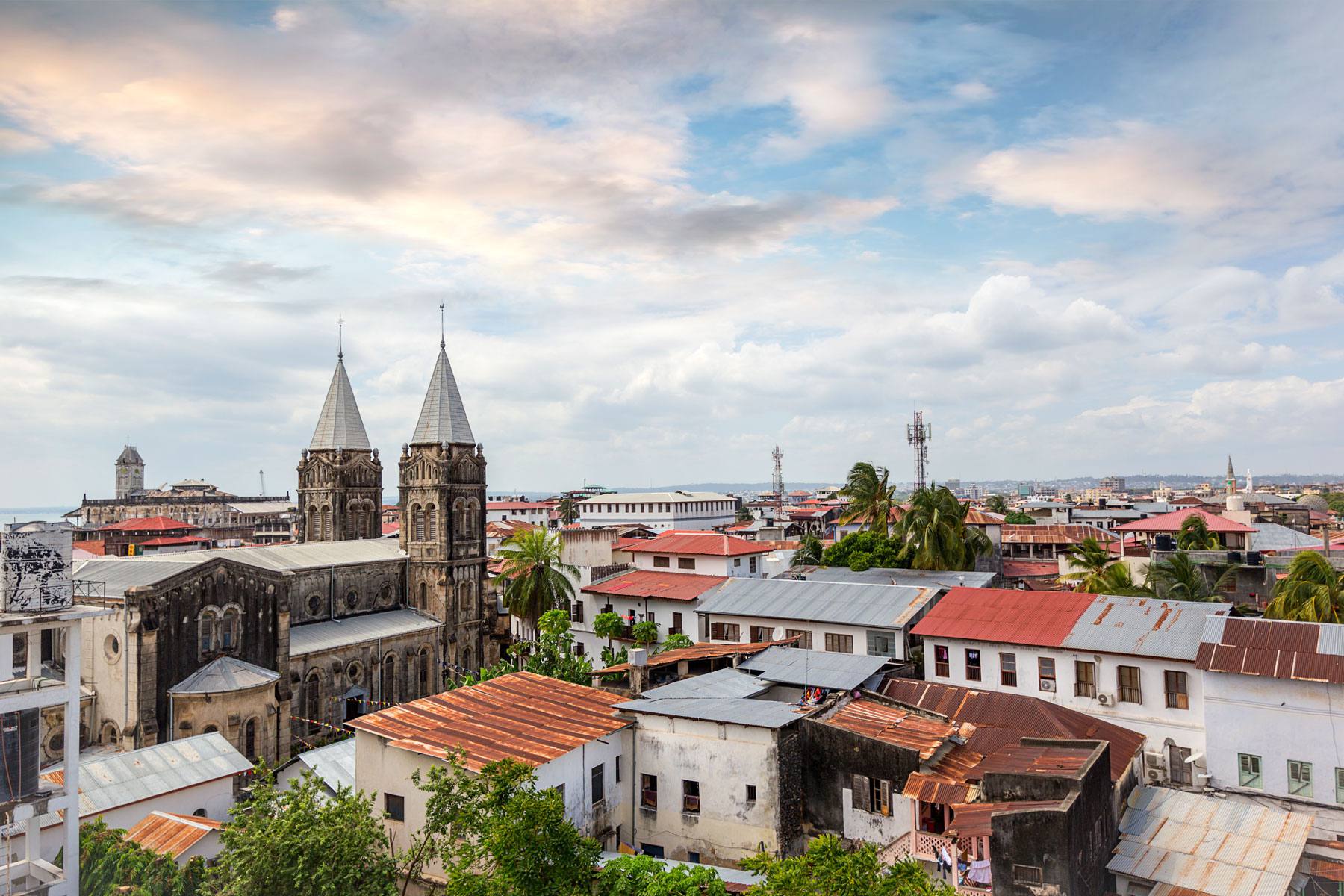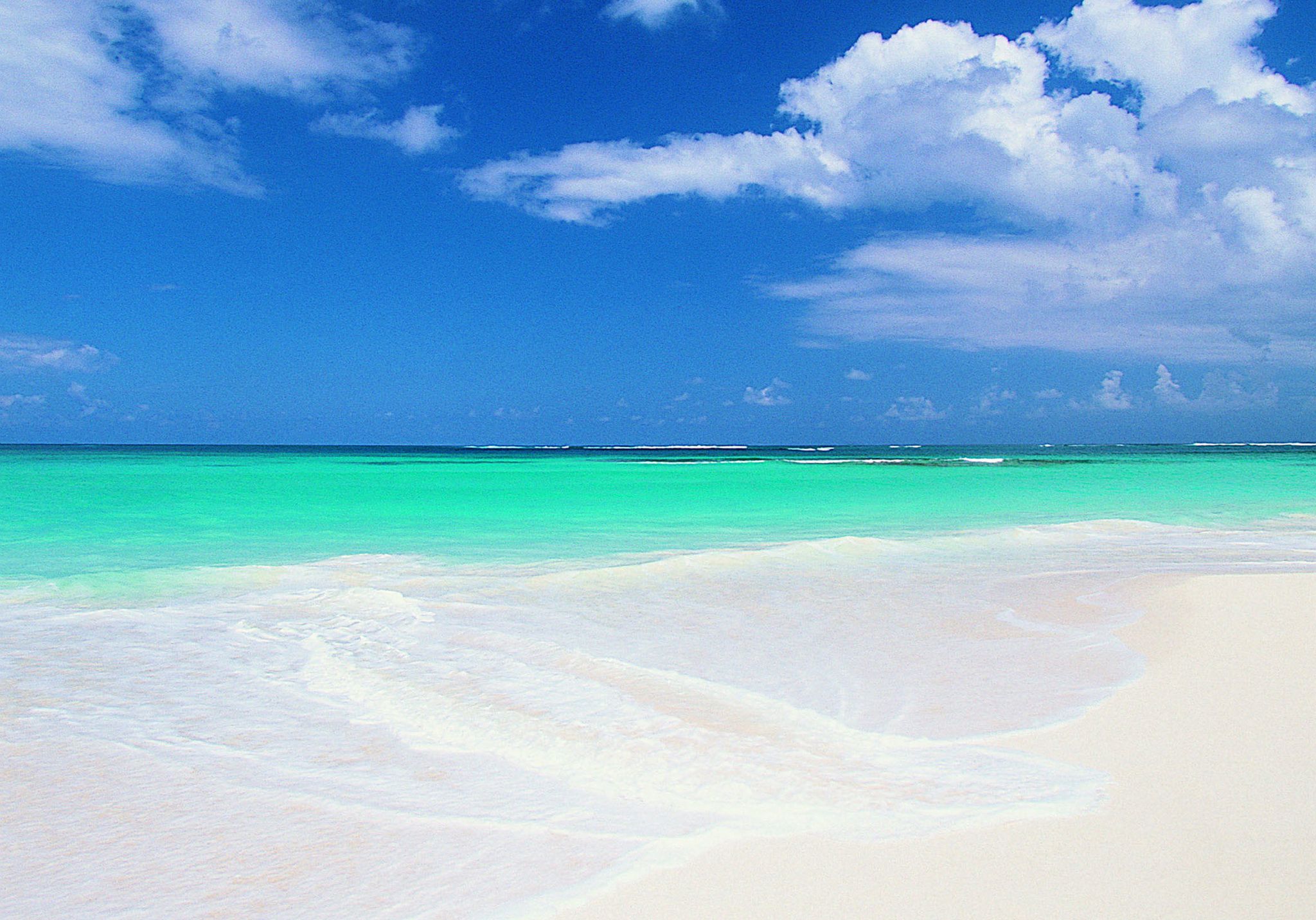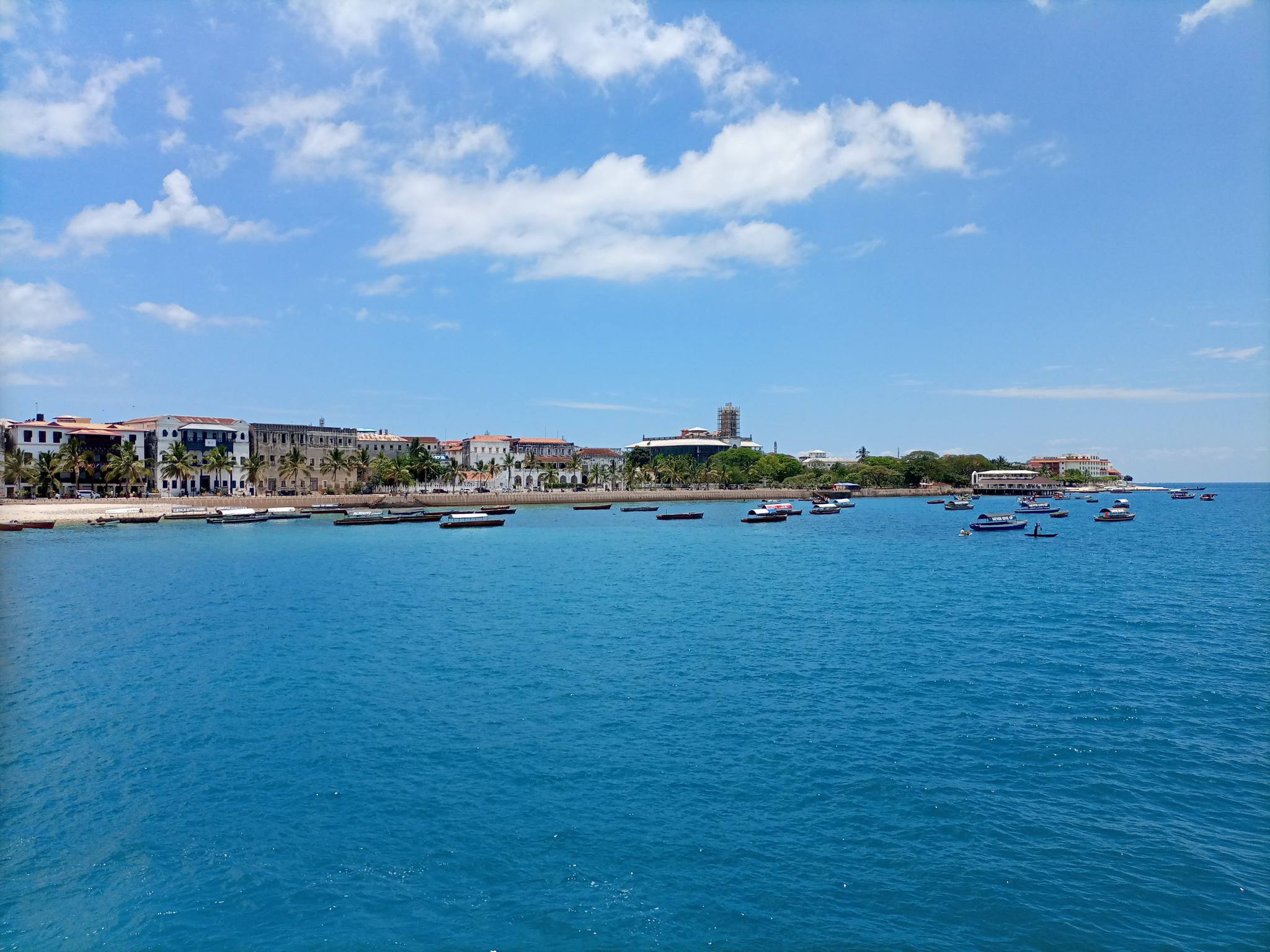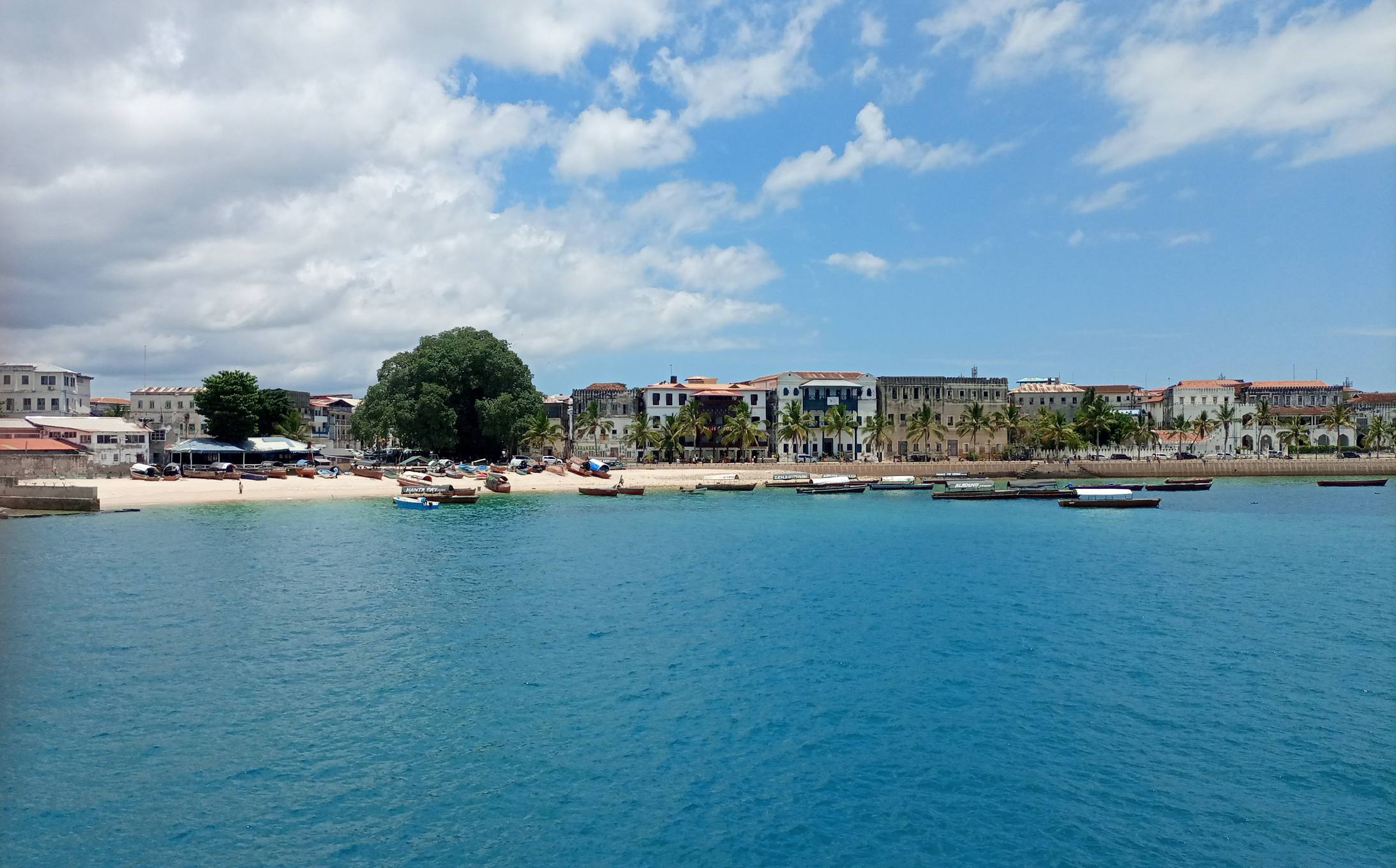Discover Zanzibar: Your Ultimate Island Escape
- Costal
Perfect
Rated 4.8 out of 5
from 5 reviews
About the National Park
Jozani Chwaka Bay National Park, Zanzibar’s only national park, covers an area of 50 square kilometers and is a haven for biodiversity. It is home to the endemic and endangered Zanzibar red colobus monkey, as well as other primates, such as Sykes’ monkeys and bushbabies. The park’s mangrove forests, salt marshes, and coral reefs contribute to its unique ecosystem.
Wildlife and Vegetation:
The Jozani Chwaka Bay National Park is teeming with wildlife, both on land and in the water. In addition to the iconic red colobus monkeys, visitors can spot a variety of bird species, reptiles, and small mammals. The park’s mangrove forests are vital breeding grounds for marine life, and its coral reefs are home to a dazzling array of fish and other marine creatures.
Adventures
Zanzibar offers a range of adventures for nature lovers and thrill-seekers alike. Snorkeling and diving in the crystal-clear waters of the Indian Ocean reveal vibrant coral reefs and marine life. Swimming with dolphins in the open sea is a magical experience, as is sailing on a traditional dhow at sunset. For those seeking a taste of adventure on land, exploring the island’s spice plantations and hiking through its lush forests are must-dos.
Tourism and Additional Activities
Zanzibar’s tourism industry is booming, thanks to its pristine beaches, cultural heritage, and warm hospitality. Visitors can immerse themselves in the island’s history by visiting its museums, forts, and historical sites. For a taste of local culture, sampling Zanzibari cuisine and attending traditional music and dance performances are highly recommended. The island also offers a range of accommodation options, from luxury resorts to budget-friendly guesthouses.
Climate
Zanzibar has a tropical climate, characterized by hot and humid weather year-round. The island experiences two rainy seasons, from March to May and from November to December, but rainfall is usually short-lived. The best time to visit Zanzibar is during the dry season, from June to October, when the weather is warm and sunny.
Accessibility
Zanzibar is easily accessible by air and sea. The island has its international airport, Abeid Amani Karume International Airport, which is served by several airlines offering flights from major cities around the world. Ferries also connect Zanzibar to the mainland, with regular services from Dar es Salaam and other coastal towns.
